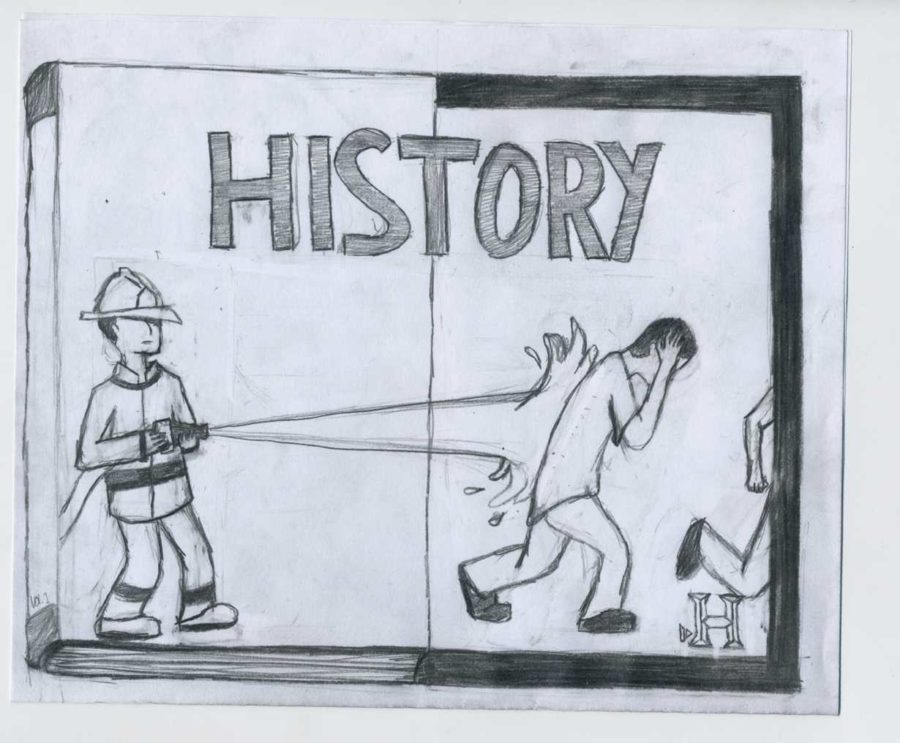Last semester the Oak Leaf class interviewed Santa Rosa Junior College president Dr. Frank Chong about his life and issues of the day. It was an open-ended interview in which Dr. Chong took time to tell us about his experience as an Asian American in a position of power. He also spoke about the expanding Mexican community at SRJC.
After he left, a woman from France on the Oak Leaf staff asked me why Chong, and Americans in general, are so conscious of racial communities, and why we refer to them as the “so and so community.”
She said in France they try to integrate immigrants into French society, as opposed to the American tradition of immigrants creating communities. I explained that in America, more so than France because the U.S. is a country of immigrants, we try to maintain the identity of cultures within the greater American “melting pot.”
We concluded that both methods are reflective of our countries histories and that they both have their flaws.
This same debate emerges every February with our culture’s acknowledgment of Black History Month. Actor Morgan Freeman said in a PBS interview that he doesn’t care for Black History Month. “Black history is American history,” he said.
Freeman would be in the French vein of thought, and as my French colleague and I discussed, the downside of black history being American history is that, as history has shown, blacks are marginalized in the history books. The flipside, acknowledging a separate community, can create a dichotomy between white history and black history.
The most important mission of Black History Month is to recognize that U.S. history can’t be broken down into black history and white history; more than two groups created America.
Freeman is entitled to his opinion, but by celebrating Black History Month Americans are not redefining history, as he suggested. Black History Month is not only a way to honor the black communities’ history but also a way to correct America’s whitewashed version of it. The holiday is an important part of our national conversation; most forms of news media are honoring black history this month.
Black History Month, originally a week, was a month long celebration during the Civil Rights Movement on many college campuses and became an official U.S. holiday in 1976. Ask your parents and they won’t have any childhood memories of Black History Month. Nevertheless, it is undeniable that it quickly became a major media event.
The rumor that the U.S. government created this holiday as an apology and manically made it the shortest month of the year is verbal diarrhea.
Critics of Black History Month, Freeman included, say it allows for all other months to be for white history. But history is not a popular angle in the modern media’s fluttering attention span and Americans are notoriously misinformed of our own history. Black History Month provides a platform for Americans to reflect on a major injustice in our history that we simply wouldn’t reflect on otherwise.
Black History Month is not about remembering what happened; it is about never forgetting, and continuing the fight for equality.



